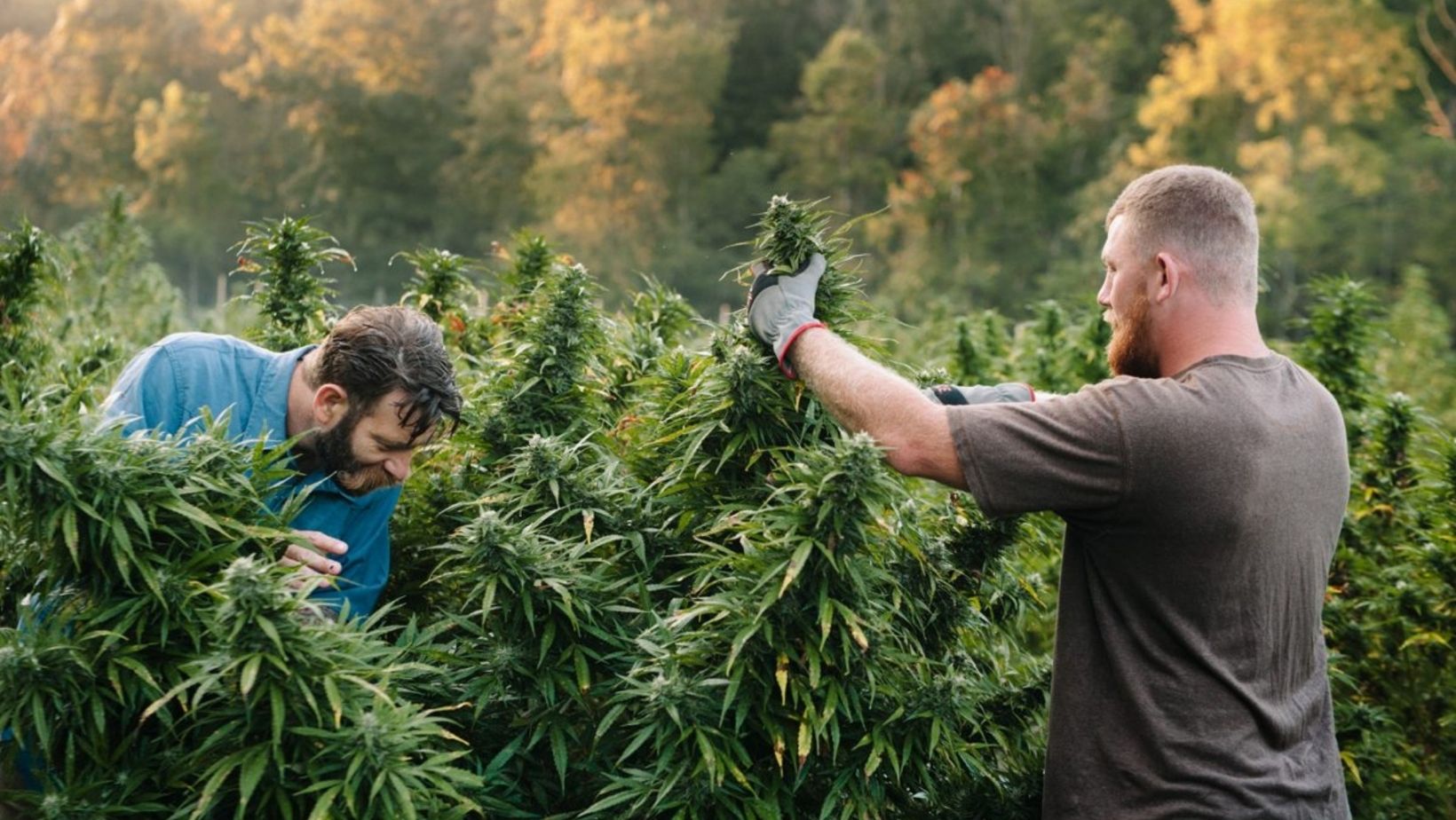Although marijuana is not legal in many states, the FDA has approved two synthetic cannabinoids for medical use. These are dronabinol and nabilone, which are both Schedule II drugs due to their high potential for addiction and side effects. While these two compounds have been widely used as an alternative to traditional prescription drugs, the FDA hasn’t approved them for use by professional gamers. Therefore, the use of cannabis in the gaming industry must be monitored.
Dronabinol
A study was conducted to examine the effects of dronabinol on sleep process markers, power distribution, and ultradian cycling. The researchers analyzed the EEG relative power distribution at 28-second intervals. The activation ratio was computed as delta + theta, and the best-fitting cosine wave was determined for each frequency band. The results of the study showed that dronabinol treatment decreased the sigma power and increased theta power.
The capsules should be stored in a cool place between 8 and 15 degrees Celsius. Liquid dronabinol should be stored in the refrigerator. Both liquid and capsule products should be discarded after 42 days. The recommended dosage of Dronabinol is two to three capsules daily. As with all products, it is important to follow the instructions on the label. In addition to that, you should avoid eating or drinking them right before playing.
Dronabinol comes in a capsule form. However, do not open the capsule, chew it, or crush it. It can also be administered via a feeding tube. Be sure to follow the dosage schedule to avoid withdrawal symptoms. And if you do stop using dronabinol, do not stop taking it immediately. In fact, it may cause dependency. Eventually, your body will get accustomed to the medication and will continue using it even if you know it is not good for you.
Nabilone
While it’s true that CBD is known to enhance neurocognition, there are also other benefits that make it an excellent supplement for competitive gamers. It can improve hand-eye coordination, improve focus, and make the player more competitive. But it’s important to remember that using cannabis as a sole supplement to enhance your gaming performance can make you less confident in your skills and hinder your progress. Instead, try to practice your skills and believe in yourself.
Sativa-Type Cannabis
Sativa products are also known to boost creativity. Sativa-type cannabis products are thought to increase the brain’s ability to think creatively, which can help you beat your rivals. In addition to these, cannabis sativas help with focus and mental flexibility. They also help relieve feelings of lethargy and apathy, which can hamper gaming. These strains are also great for stress-relieving and can even boost moods.

Hybrid Cannabis-Derived Products
Cannabis-derived products often lack specific components, which can make the effects of the various products a little different for different people. Besides sativa, cannabis-derived products are often called hybrid weed strains, but experts suggest ditching these terms altogether. They are more complicated than that. In addition, there are numerous hybrid strains. So, how can you decide which one to try?
For example, the Rocker strain has a higher CBD-than-THC ratio, making it better for relaxation after a long day of playing. This strain provides relief from countless conditions, and it isn’t intoxicating. The high is short-lived and has a piney earthy smell. It is often bred for medicinal purposes, as its high CBD content makes it a great option for pain relief and stress reduction.
As Compared To Placebo
One study compared the side effects of cannabis with a placebo. Using a standardized questionnaire, researchers looked at the intensity of patients’ pain before and after six months of cannabis treatment. The study involved 4,166 patients with different medical conditions. The study included both active and non-active patients. Overall, the study showed that patients had fewer serious side effects than placebo. After six months, the average intensity of pain reduced by 78%.
Side Notes
Federal agencies also have different purposes when making decisions on the scheduling of cannabis. The Department of Health and Human Services, for example, aims to improve the health of all Americans, while the Drug Enforcement Administration enforces drug laws. Despite these differences, competition over funding for these programs impedes progress on important research and federal recognition of cannabis as a medicine. The report also suggests that medical marijuana be rescheduled as Schedule V, a less restrictive category than other medications.














